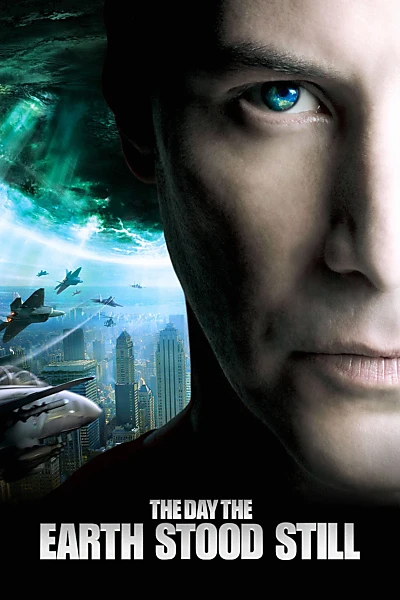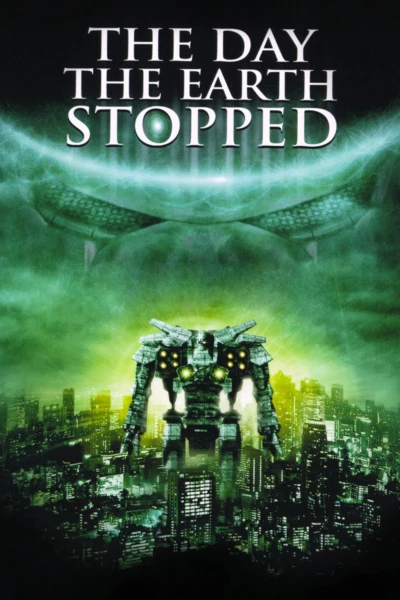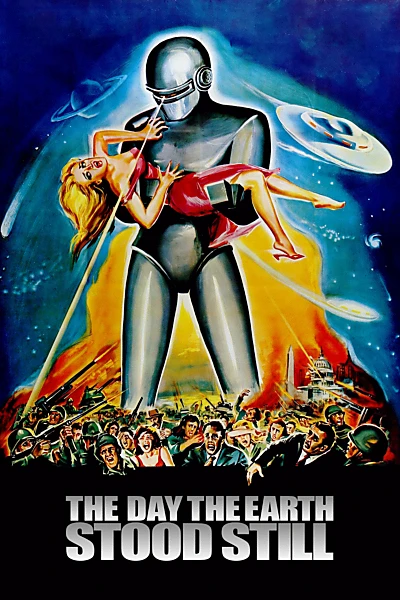Biography
Hiram Gilmore "Harry" Bates III was an American science fiction editor and writer also known under the pen names Anthony Gilmore, H.G. Winter, and A.R. Holmes.
Filmography
all 4
Movies 4
Original Story

The Day the Earth Stood Still (2008)
Movie
6.67
Original Story

The Day the Earth Stopped (2008)
Movie
Original Story

The Day the Earth Stood Still (1951)
Movie
6.1
Information
Known ForWriting
GenderMale
Birthday1900-10-09
Deathday1981-09-01 (80 years old)
Birth PlacePittsburgh, United States
CitizenshipsUnited States
Also Known AsHiram Gilmore Bates III
This article uses material from Wikipedia.
Last updated:
 Harry Bates
Harry Bates- Filmography
- Information
